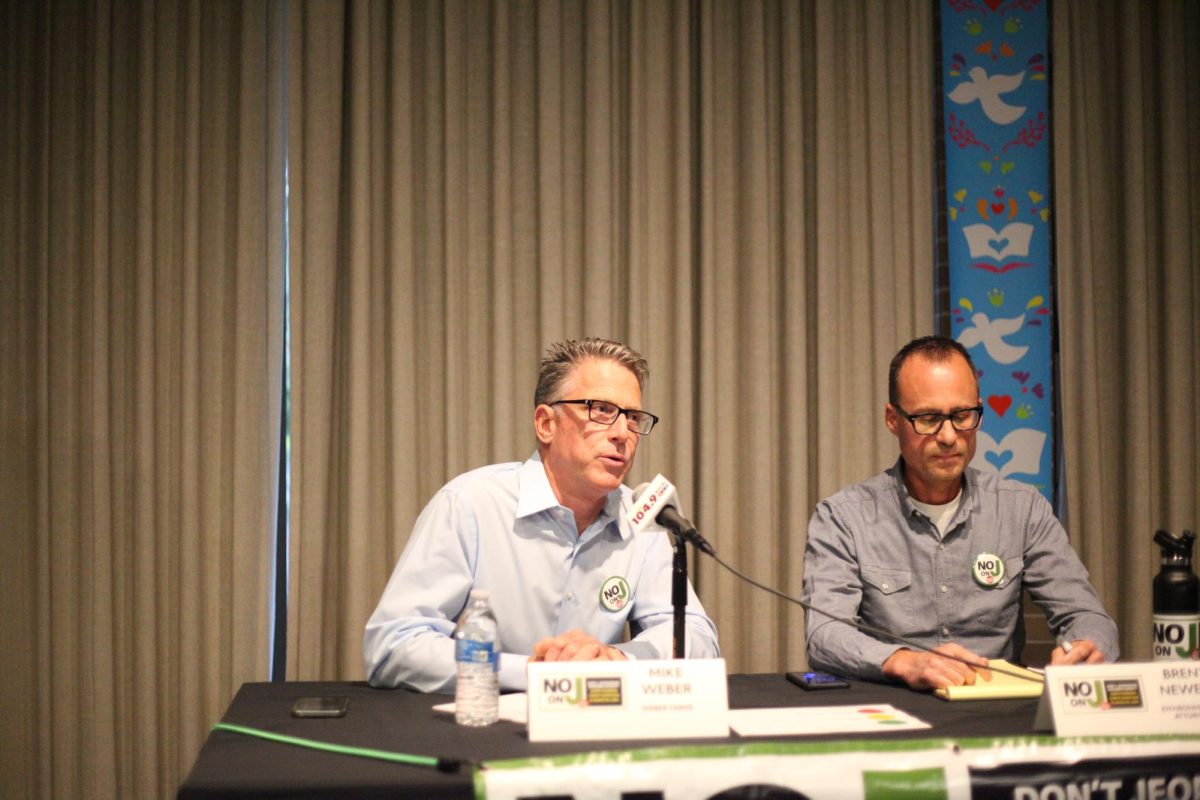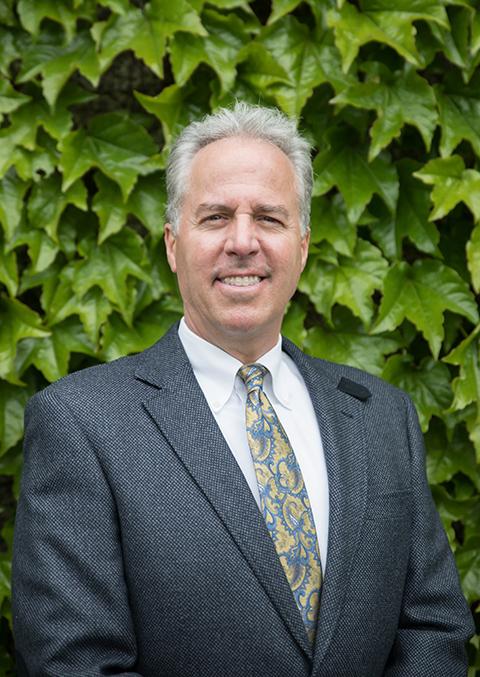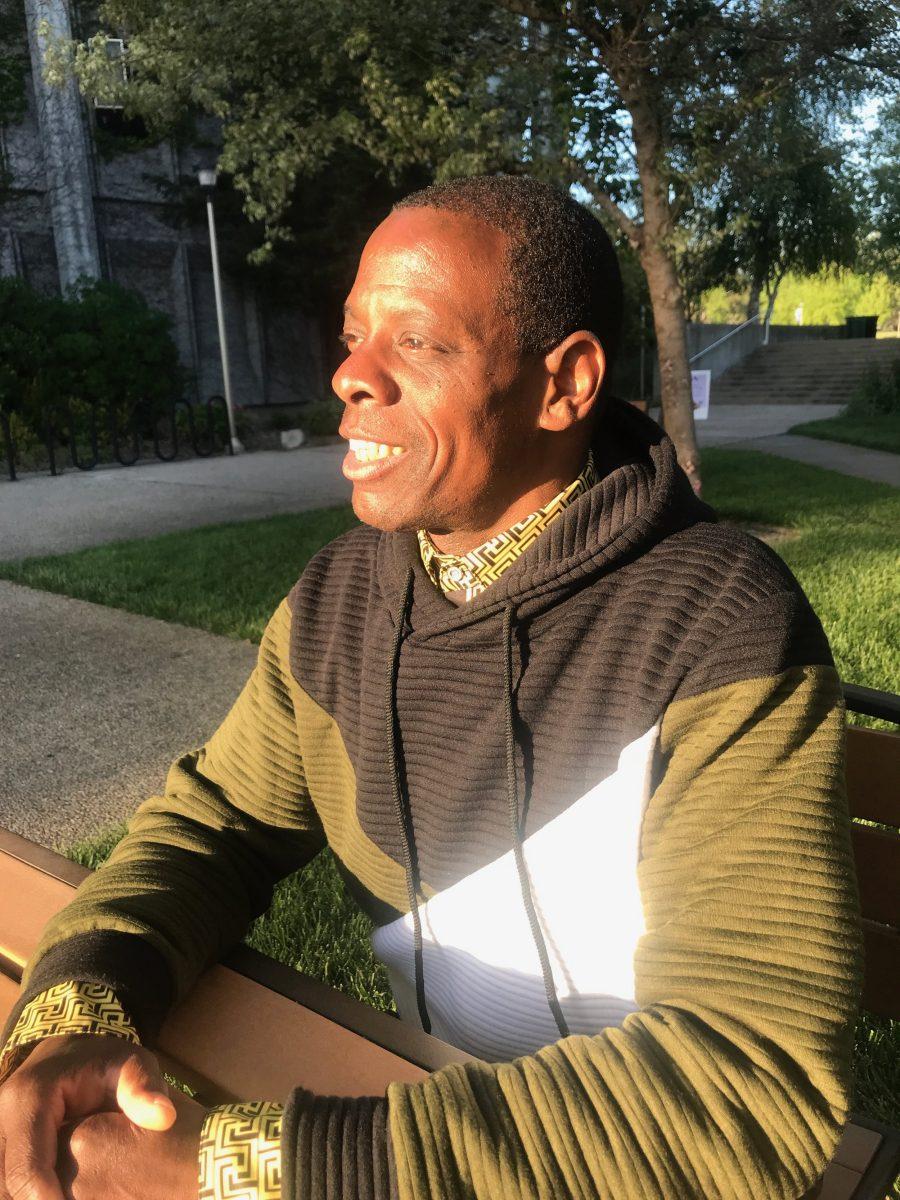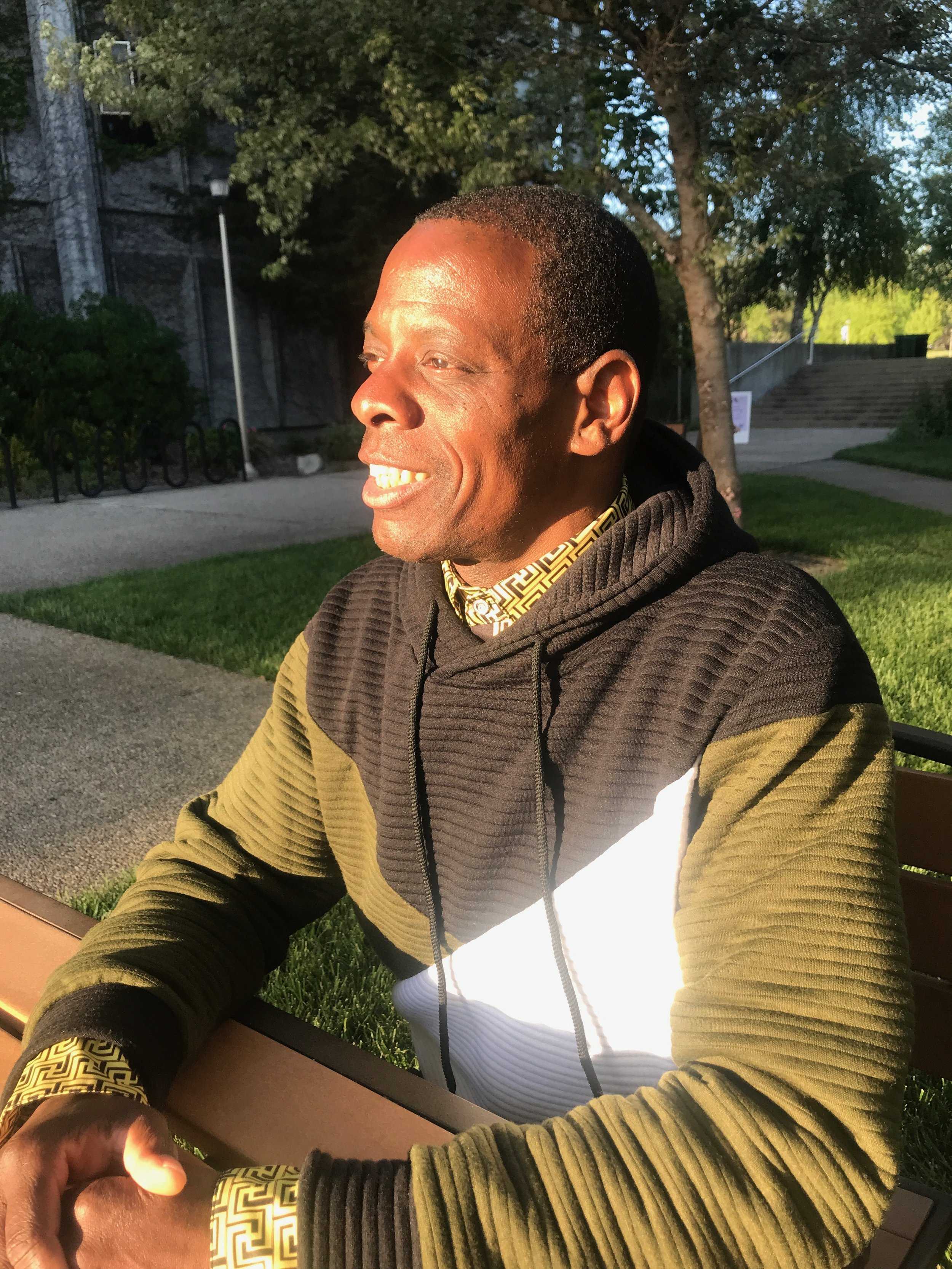When Bradford Haith Jr. started walking, he did not have a destination in mind. He just knew that he did not want to go back to prison.
Haith, now a 46-year-old Rohnert Park resident, said he knew he needed to go somewhere. “I opened the map, I shut my eyes, and I pointed,” he said. “Miami, Florida was the first place. How am I gonna get there was the question.” He decided to walk.
After 10 years in a maximum security prison in Massachusetts, the first two for selling drugs and the final eight for assault while he was there, Haith was released with a check for $60 and a booking photo so he could cash it. He knew he could either intentionally do something to go back to prison, his home for the last decade, or he could change his life. He chose the latter. “Forget prison, forget jail,” Haith said. “I want to help people stay positive.”
Bradford Haith Jr., seen above, has been walking for the past 13 years, often refusing rides along the way.
Over the course of the next 13 years Haith, who said he suffers from bipolar disorder, schizophrenia, and addiction issues, walked from the east coast to the west coast, taking the longer route through the southern states. According to Haith, he did the journey twice during that time, carrying up to 170 pounds in his backpack and walking up to 58 miles a day.
Haith slept outside of churches, by railroad tracks, under bridges and anywhere that would keep him out of sight and away from the wind. He built structures with tarp and had a small portable warmer to keep from freezing in cold climates. “When I get warm I appreciate it a lot more,” he said. “The sun gives us a warm hug. I always looked forward to that warm hug, I still do.”
Haith said he worked along the way, acquiring skills from many types of jobs. He learned masonry, carpentry and electrical work. He worked on a boat, fishing for swordfish, bluefin and yellowfin tuna. “This is the trade, the barter,” he said. “What I didn’t make monetarily I gained in experience… So even if they couldn’t pay me, I learned the trade.”
During one of his experiences working on a fishing boat, Haith said that he almost died (along with the rest of the crew) when the boat nearly crashed into a cruise ship.
“I remember waking up to a big loud horn, it echoed on the ocean,” he said. “Everything was pitch black, we were so far out there it looked like you could reach up and grab the stars. The moon looked like it was shining on just you, like you could reach up and grab it. I got up and went on deck. The first thing I saw from side to side was this huge cruise ship, nothing but windows lit up. Nothing but noise just echoing. I immediately thought, ‘This is what’s going to happen.’” The crew was able to avoid a collision, but Haith said it was a close call.
As he traveled across the country, Haith said he only accepted rides when he had stopped in an area. The trek itself was done, according to Haith, solely on foot. He said that one of the biggest lessons he learned was that people really do not need much. “A lot of things that people believe that we need, we can live without,” he said.
Paula Haith, Bradford’s mother, said that she saw his minimalist lifestyle when he came to stay with her and his sister, Sonya Black. “We made the room up and we made the bed and everything, but he slept on the floor,” Paula Haith said.
During that same visit, Paula Haith said there was another incident in which she witnessed a change in him. “One time he was in the garbage after dinner and I wanted to know why,” she said. “He said ‘Mom, you can’t throw this away. People are starving out there.’”
Although Haith’s journey was, according to him, about finding faith and helping others, he still struggled with addiction, according to his mother and sister. In 2015, he was arrested for assault with a deadly weapon in Fort Bragg, California, according to police records.
Haith said that one of the specific challenges that he faced was racism. “I’ve learned that racism, discrimination and prejudice don’t necessarily have to be against someone,” he said. “They can be against something.”
He is currently living in a sober living environment in Rohnert Park with six months clean. “It’s a new beginning,” he said. “I thank all those that I come into contact with. I’d like to write a book, give back to the community. I want to help people.”
Paula Haith, who worried about him for years, is grateful for her son’s recovery. “I can’t tell you how proud of him I am right now,” she said. “I know he was hurt and broken but god is doing a wonderful thing for him right now.”
Haith’s sister, Sonya Black, wants people to know that he is not just a “strange person” walking around for no reason. “My brother is one of the smartest people I know, he’ll give you the shirt off his back,” she said. “My brother loves god. He’s not doing this because he has to, I guarantee you he doesn’t have to… He’s doing this because it’s something he believes in.”



































